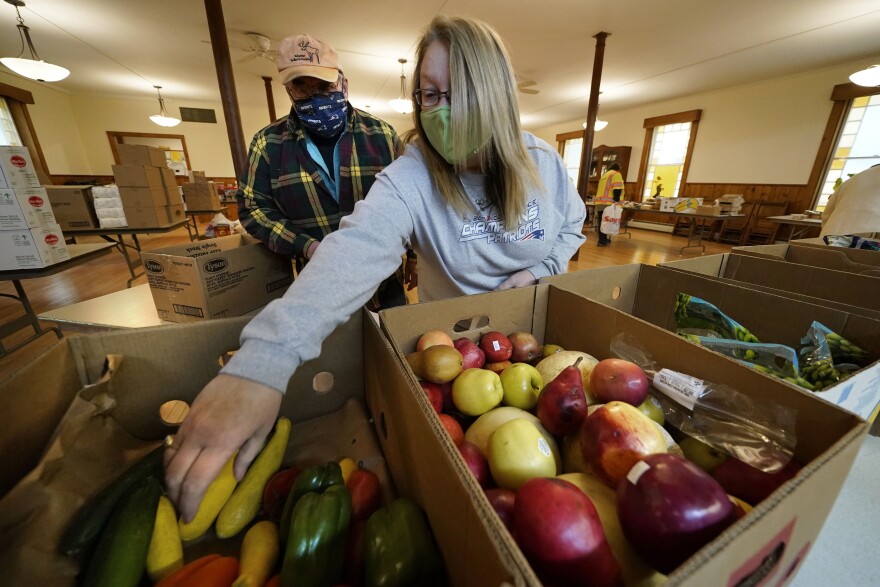A bill introduced in the Maine Legislature would help Preble Street finish renovations on its Food Security Hub so it can increase meal production from 2,000 meals a day to 10,000, and feed Mainers that fall between the cracks.
House Speaker Rachel Talbot Ross says food insecurity affects more than 11% of Maine households, or about 153,000 people each year. Maine ranks 6th in the nation in food insecurity and first in New England.
"Four in ten food insecure households in Maine do not income-quality for SNAP. So if we think that this issue is being addressed through SNAP or any other subsidies or benefits program, that is not true," Talbot Ross says.
Brian Elowe, CEO of the Boys and Girls Clubs of Southern Maine, says 70% of kids who participate in his organization live below the poverty line and rely on meals the Clubs provide.
"Just over this last month we've taken in 150 new kids. Kids living in the Expo, kids living in shelters, kids who are part of homeless families," he says. "The growing need we have to provide food is impacting our ability to serve the kids in the areas that they need it the most."
Elowe says the Preble Street Food Security Hub has provided Boys and Girls Clubs of Southern Maine with up to 300 hot meals a day. Preble Street also partners with Good Shepard Food Bank, which distributes food through a vast distribution network that can reach rural parts of the state.
The bill would allocate $2 million in state funding to help Preble Street increase the amount of food it can process, cook and freeze. The nonprofit says it has raised more than $7 million so far. The project is expected to cost between $10 million and $12 million.



